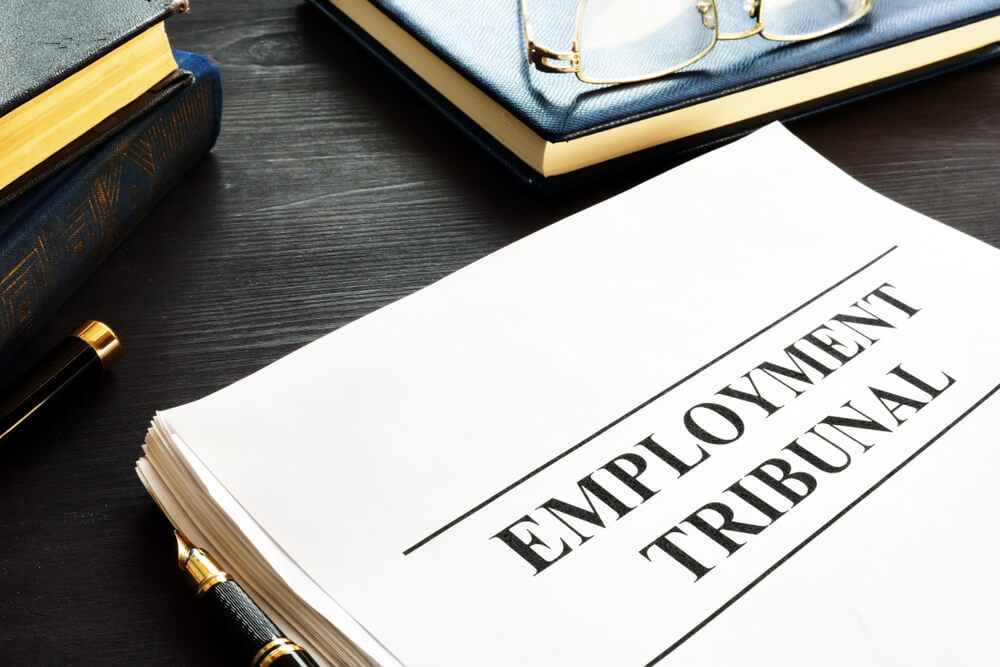Is a company director an employee?
September 29, 2022

Employees have a range of employment rights in respect of issues such as unfair dismissal, unpaid wages, notice pay and holiday pay. When a dispute arises, it can be crucial to define whether an individual is an employee or not.
Many directors are also shareholders and work for the company. They split their earnings between taking a minimum wage and directors’ drawings. A recent case looked at whether this automatically means they have employee status, entitling them to the rights of an employee.
Rainford v Dorset Aquatics Limited (EA-2020-000123-BA)
The Employment Appeal Tribunal was asked to hear a case involving a company director and shareholder. The primary issue in this case was the working status of one of the directors. The Tribunal had found that Bradley Rainford, one of two brothers and co-directors of Dorset Aquatics Limited, was not an employee or a worker, despite being paid a salary and working at the business as a site manager.
The facts
Bradley Rainford had a 40% holding in the company while his brother Ben held the remaining 60%, the larger share reflecting money that Ben had lent to the company.
The two directors shared the work and Bradley worked mainly as a site manager. He chose his own hours and how the work was done. There was no written or oral agreement in place stating that he was an employee. Both brothers were paid the same level of monthly salary and income tax and National Insurance was deducted from the payments.
A dispute arose over issues including unfair dismissal, notice pay, unlawful deduction of wages and holiday pay. Bradley took the company to an employment tribunal. One of the preliminary issues to be decided was whether Bradley could be classed as an employee.
The Employment Tribunal found that Bradley was not an employee, following which he appealed to the Employment Appeal Tribunal.
Legal definition of a worker
Under the Employment Rights Act 1996, a worker is held to be either:
- Someone who works under an employment contract; or
- Under any other contract, undertaking to do or personally perform any work or services for another party to the contract whose status is not that of a client or customer, known as a Limb (B) worker
The decision of the Employment Appeal Tribunal
The Employment Appeal Tribunal upheld the previous decision, dismissing the appeal. The tribunal found that:
- Just because an individual works for a company and is paid money for the work they do does not automatically mean they fall into one of the categories of worker;
- When looking at the issue of what was agreed between the parties, the tribunal could take account of the views of the parties. In this case, Ben Rainford had stated that he would have no objection to Bradley replacing himself in his role as site manager with someone else. This meant that the job Bradley Rainford carried out did not necessarily have to be done by him and a different individual could have taken his place;
- The judge had not treated Bradley Rainford’s role as a director and/or shareholder as excluding him from the possibility of being an employee. The tribunal was within its rights to look at the level of control Bradley Rainford had by way of establishing the background of the case.
The fact that the appellant was paid a salary, and this was taxed on an employee basis under Schedule E did not necessarily mean that he was an employee or worker for the purposes of employment law.
While directors and shareholders can also be employees, it is not automatically the case that they are. Each case should be decided on its facts.
Contact our employment solicitors in Gloucester
If you are involved in an employment dispute or you need to clarify employee status, we can provide advice and representation.
Our employment and dispute resolution partner and solicitor, Alex Lyttle, has extensive experience in dealing with employment disputes and tribunal cases. He also works with businesses to ensure employment status is clear and that robust employment contracts are in place where necessary.
To speak to Alex, ring him on 01452 222 433, email him at alex.lyttle@tayntons.co.uk or request a call back.

